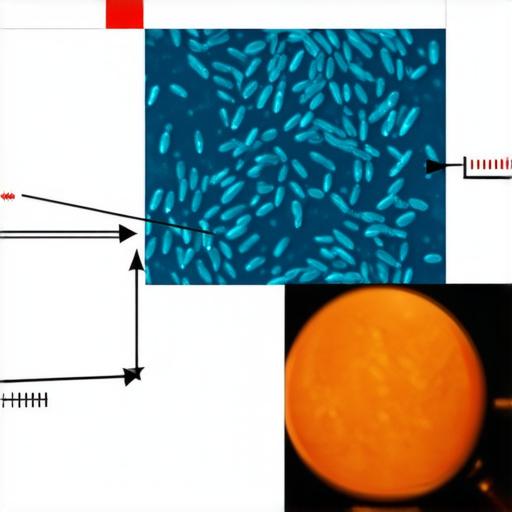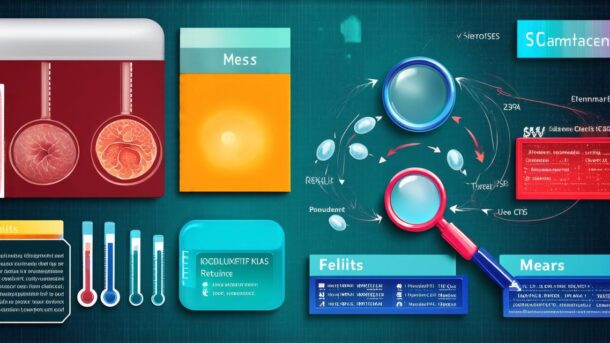Cryptorchidism is a condition where one or both testicles fail to descend from the abdomen into the scrotum during fetal development. This can lead to various problems such as reduced fertility and sterility. In this article, we will explore why cryptorchidism can result in sterility and how heat affects sperm production.
Sperm Production:
Sperm production is a complex process that involves several stages. Spermatogenesis, the process of producing immature sperm cells called spermatocytes, takes place in the testicles. The spermatocytes then undergo meiosis to produce mature sperm cells called spermatozoa.
The sperm production cycle is regulated by several hormones including luteinizing hormone (LH), follicle-stimulating hormone (FSH), and testosterone. LH and FSH are produced by the pituitary gland and stimulate the testicles to produce spermatozoa. Testosterone, on the other hand, is produced by the testicles themselves and plays a crucial role in regulating sperm production.
Cryptorchidism:

Cryptorchidism is a condition where one or both testicles fail to descend from the abdomen into the scrotum during fetal development. This can lead to several problems including reduced fertility and sterility.
One of the primary reasons for this is that the undescended testicle does not produce enough testosterone to regulate sperm production properly. The lack of testosterone production leads to a reduction in the number of sperm produced, which ultimately results in sterility.
Heat Affects Sperm Production:
Heat can have a significant impact on sperm production, especially when it comes to temperature regulation. High temperatures can disrupt the normal functioning of the testicles and impair sperm production.
The scrotum is designed to maintain a cooler temperature than the body to regulate sperm production. However, exposure to high temperatures outside the scrotum can disrupt this process and lead to decreased fertility.
Studies have shown that exposure to temperatures above 37°C (99°F) for extended periods can cause a reduction in sperm count and quality. This is why it’s important to maintain a cool environment, especially during the summer months when high temperatures can be more prevalent.
Summary:
In conclusion, cryptorchidism can result in sterility due to reduced testosterone production and impaired sperm production. High temperatures can also have a significant impact on sperm production by disrupting temperature regulation. It’s important to maintain a cool environment, especially during the summer months, to avoid any potential negative effects on fertility. If you suspect that you may be suffering from cryptorchidism or experiencing difficulties with sperm production, it’s important to consult with a medical professional for proper diagnosis and treatment.



